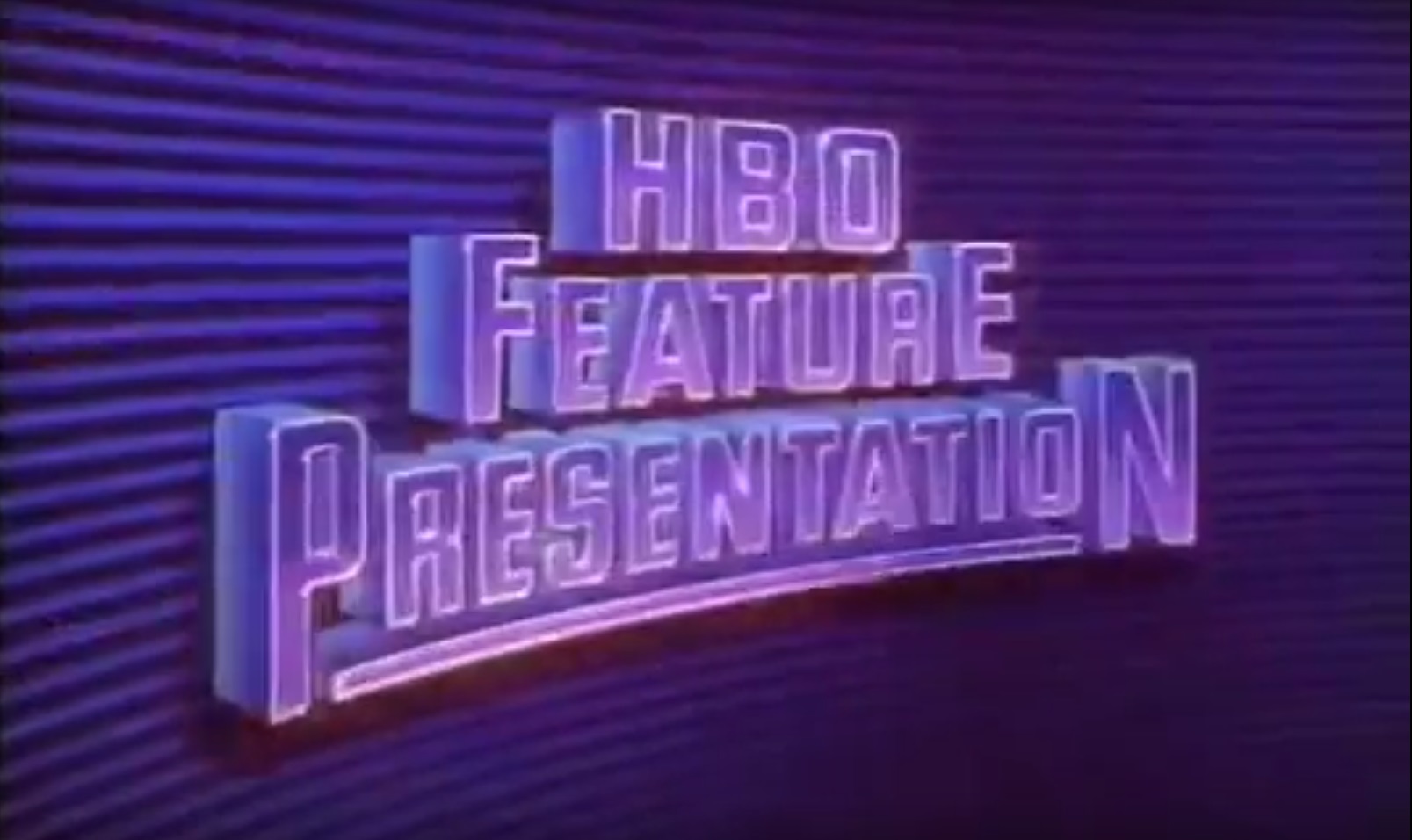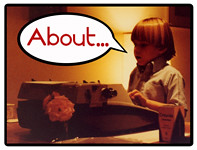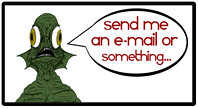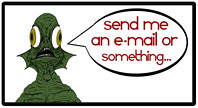It’s funny, though I’m not a big fan of the biography built of quotes (like the SNL book and Please Kill Me), there is an inherent honesty to it. There seems to be this world of difference in how much I trust writing when it takes various forms. I just got done reading the first chapter of Our Band Could Be Your Life (which covers Black Flag) and it’s the first time I’ve read about the band that it wasn’t in the form of a quote, either from Greg Ginn or though a Henry Rollin’s book like Get in the Van, and it just sort of comes off a little untrustworthy. Though it’s very hard to write without bias, and I honestly don’t think the author Michael Azerrad has a bug up his butt to paint people in a bad light, but it’s hard not to take away a feeling that everything bad that every happened to Black Flag was Rollin’s fault.
For instance, there’s the references to Rollins being macho and violent, coming to blows with audience members and such on the Europe tour. In OBCBYL it comes off like he’s just antagonising the the crowd, begging for fights and stuff and that it eventually led to the downfall of the band. Now even Rollins admits to this in his books, but it seems like Azerrad sort of takes what he wants from chapters of Get in the Van and leaving out some of the context of just how different and abusive the european audiences tended to be to punk-esque bands and why it might get to that point. If you read the Joe Strummer Bio that Kris Needs wrote you really get a feel for just how shitty the audiences were. First there’s the whole ‘gobbing’ thing, spitting on the band as a compliment (that the bands tended to absolutly hate) and then there was the outright violence of the skinheads and gangs that would rumble at shows. Now these audiences really took our their anger on American bands, and this led to confrontations. So if anyone’s to blame, it’s everyone, not just Rollins, but the rest of the band (the music does have a violent tilt to it) and the audience too.
Anyway, it’s the difference in reading a book like this, that comes from one writer and his point of view, that it forcing me to switch mental gears and sort of gauge my tust. With book of quotes format, it was easier to gauge trust, because you could form a better opinion on a certain fact when you’ve got more than one point of view so you could sort of find a middle ground.
This all stems from freaking Michael Moore. I started getting into documentaries and non-fiction a few years ago and I was so outraged when I saw The Big One and then Bowling for Columbine. But then I started hearing that he was skewing his statistics in Bowling and that some of the film was staged. Checking into it, some of the film was staged, and then I followed his links on his website to where he got his statistics, and he did skew them. I was just so let down, especially since the actual numbers were just as bad and shocking, just not as high, that I had to wonder why he would spread misinformation like that.
Anyway, since then I just have a hard time trusting non-fiction when it isn’t coming from the horse’s mouth.






















